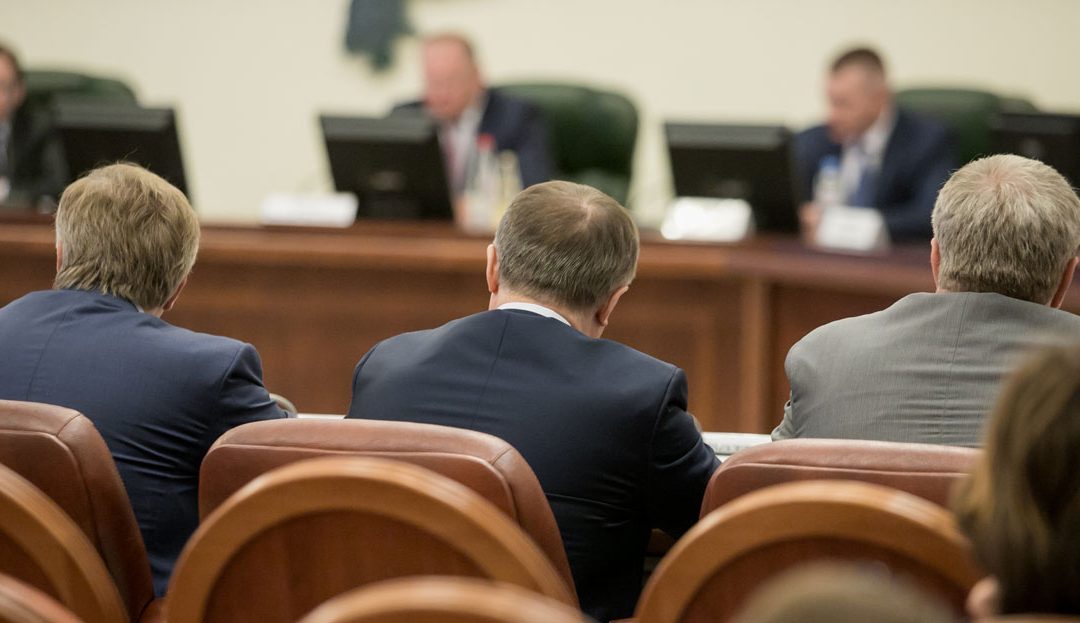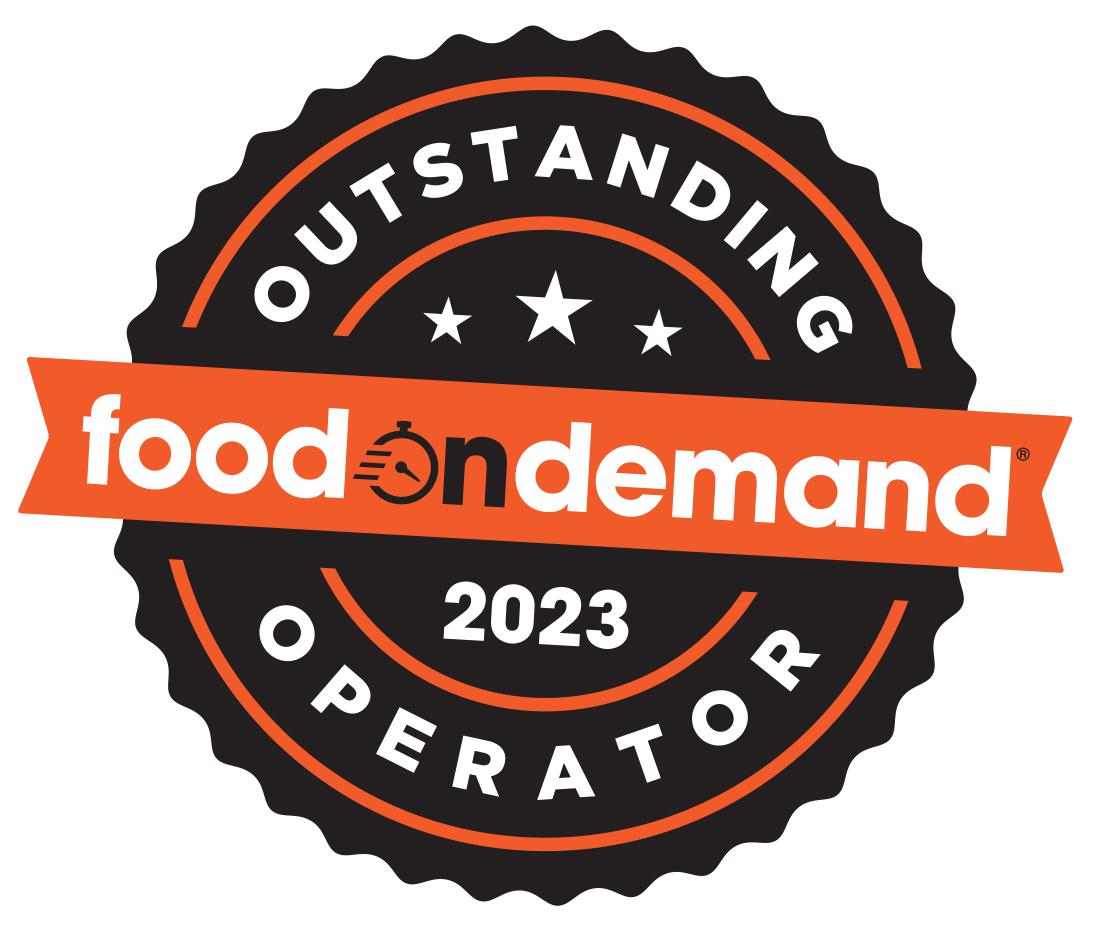Sparked by a San Francisco decision to cap third-party delivery fees, several other U.S. cities are implementing or discussing their own cap-limitations in the name of helping restaurants.
San Francisco Mayor London Breed said the 15-percent fee cap is “part of a broader effort to support small business” in the city.
Currently, the San Francisco order lasts until the end of May after being extended from mid April. The declaration is likely to be extended again in San Francisco and other major markets as cities reach a peak of COVID-19 cases and then slowly reopen. The measure states that it will last until dine-in service resumes or the emergency order is lifted, whichever comes first.
In an email, Grubhub reached out to users asking them to tell Mayor Breed not to move forward with the order as it could increase customer prices by $5 to $10 and “immediately cripple delivery orders.” The company highlighted a $30 million investment in promotions to stimulate delivery orders, and also has deferred marketing fees.
The measure ultimately went through. Editor Tom Kaiser detailed the initial measure in an April 16 article.
Since the measure was put in place, delivery companies have announced various concessions and many drivers have received personal protection equipment (PPE) including masks, gloves and hand sanitizer. DoorDash cut fees by 50 percent for independent restaurants, as well.
The emergency order still caught the attention of other city leaders. Seattle put a similar measure in place, capping fees at 15 percent though the end of the emergency declaration. Los Angeles is voting on a 15 percent cap this week, as well.
Both Chicago and New York have gone even further. In Chicago, where Grubhub is headquartered, a city leader proposed a 5-percent cap on order fees. The proposal also states that any service fees charged to customers would go directly to delivery drivers.
David London, DoorDash’s government relations lead, told the Chicago Tribune the proposal was way out of line.
“This irresponsible and unconstitutional proposal would make it almost impossible for customers to get the food they need, deny earnings to drivers in a time when every dollar matters, and deprive local restaurants of badly needed revenue,” London told the newspaper.
Under the proposal, those major changes would remain in effect until January 1, 2021.
In New York, leaders who pushed a 10 percent cap back in June are attempting to do the same under an emergency order.
The COVID-19 pandemic has pushed this delivery economics conversation further along and could drastically shape the regulation conversation. In a time when folks stuck at home are rallying around their local businesses, it has proven an ideal time to get some of this legislation on the books, at least temporarily.
Delivery platforms have a tricky balance between preserving their own revenue and not looking like pandemic profiteers. How the platforms respond now could have serious implications on the future of regulation in the industry long after the effects of COVID-19 fade away.




